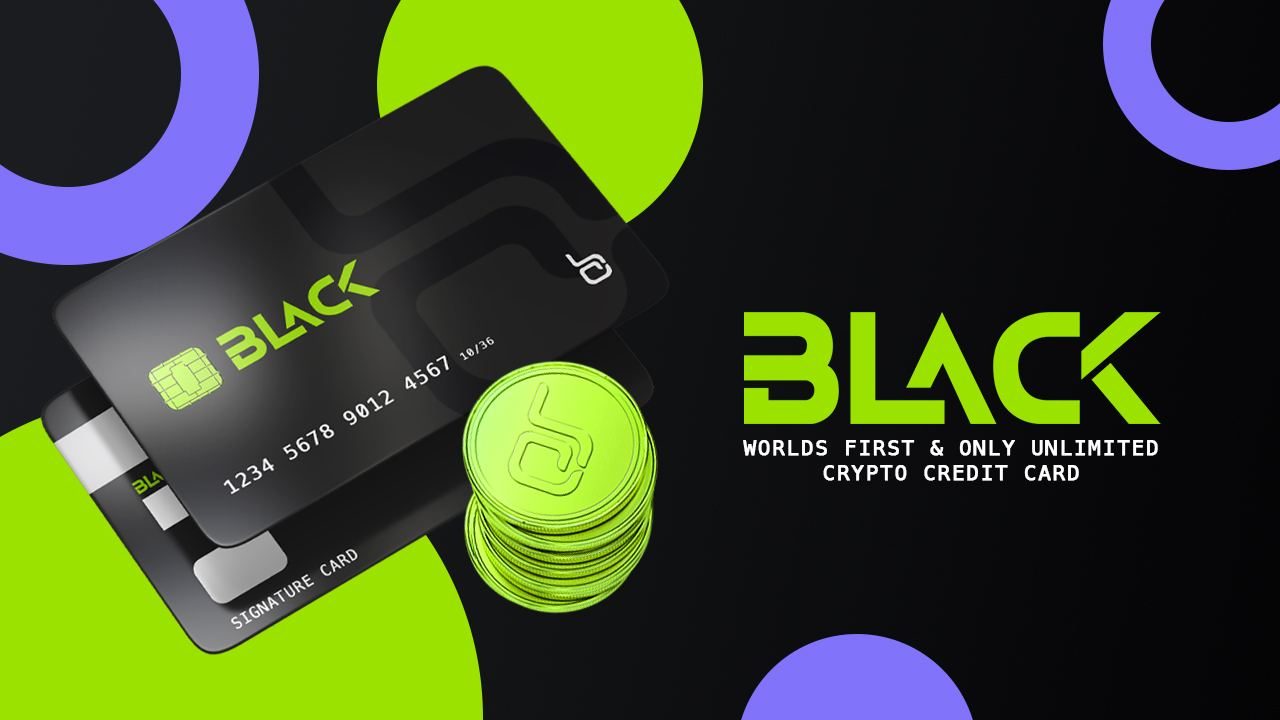[Part 1] Token Governance: DeFi’s Bright Spot Or Just A Mask?
Governance is one of the interesting features of crypto in general and DeFi in particular. When it was first launched, governance was seen as the voice of decentralization. But is that true?
![[Part 1] Token Governance: DeFi's Bright Spot Or Just A Mask? 1 [Part 1] Token Governance: DeFi's Bright Spot Or Just A Mask?](http://news.coincu.com/wp-content/uploads/2022/07/image-1424.png)
What Is The Governance Function Of The Token?
The administration is a user action that is allowed to vote on a project proposal. When the proposal reaches the acceptance threshold, it will be executed, and vice versa. Normally, to vote or create proposals, users must own the project’s governance token (Governance Token).
Governance was born very early, but gradually gained popularity around 2020, when DeFi was “triggered” by Compound’s Yield Farming event. Governance at that time meant a lot to DeFi. It is the main actor that creates decentralization, meaning that the project cannot be controlled by the project team, but also by the community.
The Problem Of Governance
As mentioned, the administration helps the project to be user-oriented. Voting makes us more accountable to the project than simply buying tokens, waiting for the price to go up, and then selling. But gradually, governance began to produce weaknesses:
Solend’s Case
To make it easier to imagine, let’s consider the recent case of Solend hijacking the wallet.
It is normal for wallets to be liquidated in borrowing. But it is because this wallet has a great influence on not only Solend, but also on Solana and other users, that Solend has proposed SLND1 with the content: Should temporarily manage assets in the wallet until the loan position is safe. more complete?
Then over 97% voted yes. This is understandable because, for the safety of the parties, Solend seems to be doing so.
But the strange thing is that it is the community that criticizes this act. They argue that this is absurd in DeFi when the project has the right to “touch” user assets. Even CZ was surprised by this action.
There is another possibility, that the user criticizes and the user votes for SLND1 are two different files. And Solend also listens to users when making SLND2 suggestions with the main content: disable SLND1 and find another solution.
SLND2 was also quickly adopted as SLND1. But the strange thing is that there is one wallet that accounts for the majority of votes in favor of both proposals.
![[Part 1] Token Governance: DeFi's Bright Spot Or Just A Mask? 2 Solend's Case](http://news.coincu.com/wp-content/uploads/2022/07/image-1415-1024x345.png)
In summary, we see the following problems:
- One wallet agrees to both, albeit seemingly contradictory proposals. Who can agree with Solend’s decisions? Is this the project wallet?
- Knowing that Solend took over the wallet is a decision for the community. But does the project’s administration have the power to interfere with one’s assets?
- From the above two facts, it means that there is not necessarily a limit on the topics that can be proposed. So what if one person (or group) could propose anything and agree to execute it? If the proposal is excessive, the project does not execute, is it a violation of governance?
The last constraint, is not unheard of. In the past, when LUNC (old LUNA) dropped more than a million times from ATH, it happened that many people bought LUNC to create a proposal. At that time, Terra Station was flooded with pointless proposal spam.
Or with Boba Network – Ethereum’s Layer 2 platform, which also had a ridiculous proposal. Proposal 3 is a question that is not related to Boba’s development, or proposal 2 is to develop, but is … calling the project to pump the price of Boba.
![[Part 1] Token Governance: DeFi's Bright Spot Or Just A Mask? 3 Boba network](http://news.coincu.com/wp-content/uploads/2022/07/image-1417-1024x622.png)
The fact that one wallet can hold so many powers doesn’t just get the project into trouble with pointless votes. If the proposal is good but goes against the interests of this group, they are also willing to vote against it. Thereby, we see inadequacies in governance from the stage of proposal censorship to the voting stage.
Fei Protocol’s Case
A few days before the Solend incident, a project that also had administrative problems was Fei Protocol.
The story is that Fei merged with Rari Capital in December 2021. But before that, Rari Capital was hacked at the end of April 2021. As a result, Fei had to use the funds to pay the debt. Here are the repayment proposals:
![[Part 1] Token Governance: DeFi's Bright Spot Or Just A Mask? 4 Fei Protocol's Case](http://news.coincu.com/wp-content/uploads/2022/07/image-1419.png)
TIP-112 outlines how to implement has been adopted but implementation is very slow.
![[Part 1] Token Governance: DeFi's Bright Spot Or Just A Mask? 5 tip 112](http://file.coin98.com/images/tip-112-jhQ8DW62CA5K20bk.png)
Then there was the proposal to cancel TIP-112.
Even Fei showed no desire to assist with repayment by taking money from PCV:
![[Part 1] Token Governance: DeFi's Bright Spot Or Just A Mask? 6 fei labs](http://file.coin98.com/images/fei-labs-gCYYmXvF2dLDXeUN.png)
From that, it can be seen that the proposal to pass still has other proposals to oppose, although if opposed, it is possible to vote on the proposal first. This begs the question: is the proposal really what the community wants? Or does it have to be the right idea to get the project approved?
The above can be “grains of sand” in the “desert” proposed by thousands of projects. But even so, it can be seen that the current management is not good.
Verdict
Part 2 of this analysis will answer the question, of whether we should continue to develop the governance token feature.
If you have any questions, comments, suggestions, or ideas about the project, please email ventures@coincu.com.
DISCLAIMER: The Information on this website is provided as general market commentary and does not constitute investment advice. We encourage you to do your research before investing.
Join CoinCu Telegram to keep track of news: https://t.me/coincunews
Follow CoinCu Youtube Channel | Follow CoinCu Facebook page
Marcus
Coincu Venture



















